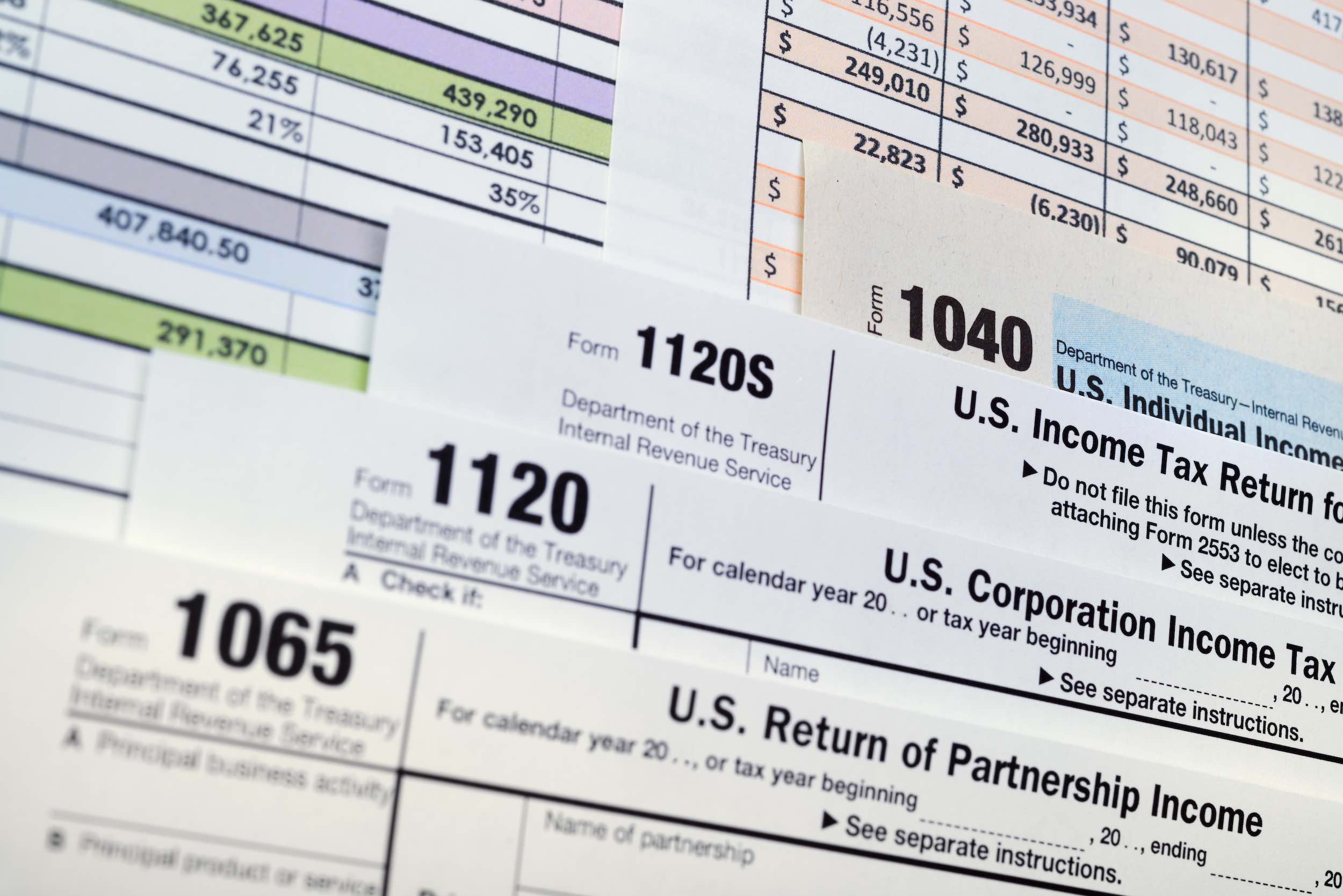Throughout 2020, Congress passed multiple pieces of legislation—most notably the Coronavirus Aid, Relief, and Economic Security (CARES) Act—offering numerous forms of tax relief to help businesses like yours deal with the economic fallout of COVID-19.
That said, these new laws have also created a tangled web of new tax and accounting changes that can be quite challenging to keep track of. To help you sort through all of the new programs and ensure your business takes advantage of the full range of tax breaks available, in this two-part series, we’ll provide answers to some commonly asked questions about the coronavirus-related tax changes for 2020.
Q: How does a forgiven Paycheck Protection Program (PPP) loan affect my taxes?
A: The CARES Act specifies that a forgiven PPP loan isn’t considered taxable income, so you won’t have to pay any federal income tax on it. However, some states may end up requiring you to pay taxes on a forgiven PPP loan, so if you are not clear, meet with us to see what our state requires.
What’s more, if you took a PPP loan, it may reduce the amount of business expenses you are able to write off. Typically, business expenses like payroll, rent, and utilities are deductible from your normal taxable income for the year. But if you used your PPP funds to pay for such expenses, those expenses cannot be written off, as the IRS wants to prevent businesses from receiving a “double” tax benefit.
Because you won’t be able to write off as many business expenses, if you took a PPP loan, you may end up with higher taxable revenue in 2020. That said, while the restriction on deductions is an unfortunate aspect of the PPP, it may not be the final ruling. Many in Congress have publicly opposed the new rule, and the recent stimulus proposal, the HEROES Act, reverses the restriction and allows these expenses to be deducted.
That said, the HEROES Act is only a proposal and hasn’t been signed into law, but it’s clear many lawmakers support a change to this part of PPP. Stay tuned for updates, but for now, when developing your end-of-the-year tax strategies, it’s a good idea to assume you won’t be able to deduct these expenses.
Q: Is my business eligible for the Employee Retention Tax Credit (ERTC)?
A: If you did not take a PPP loan, you may be eligible for ERTC. This tax credit is worth 50% of qualifying wages, with payment up to $10,000 per employee. The credit applies to wages paid from March 13, 2020 through January 1, 2021.
You are eligible for the ERTC if your business or nonprofit meets one of two conditions: 1) your business operations were fully or partially suspended as a result of government-mandated COVID-19 shutdown orders, or 2) your business experienced a decline in gross receipts of more than 50% in a quarter compared to the same quarter in 2019. Eligibility for the second condition ends if your gross receipts in a quarter exceed 80% compared to the same quarter in 2019.
You don’t have to wait until the end of the year to claim this credit, and you can file it on your quarterly Form 941. Note that you cannot claim the same employee for the ERTC and the Work Opportunity Tax Credit during the same period.
Next week, we’ll continue with part two of this series covering questions and answers on COVID-19 Tax Changes for 2020.
We offer a complete spectrum of legal services for business owners and can help you make the wisest choices on how to deal with your business throughout life and in the event of your death. Schedule online today.
This article is a service of Pantea I. Fozouni, Family Business Lawyer™. We offer a complete spectrum of legal services for businesses and can help you make the wisest choices on how to deal with your business throughout life and in the event of your death. We also offer a LIFT Start-Up Session™ or a LIFT Audit for an ongoing business, which includes a review of all the legal, financial, and tax systems you need for your business. Call us today to schedule.





